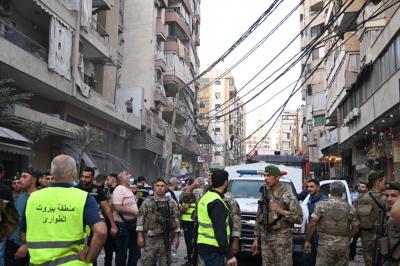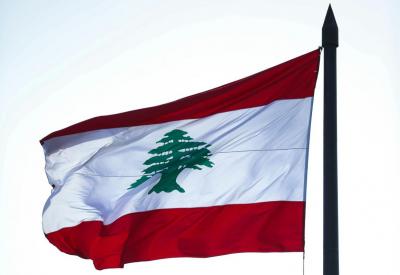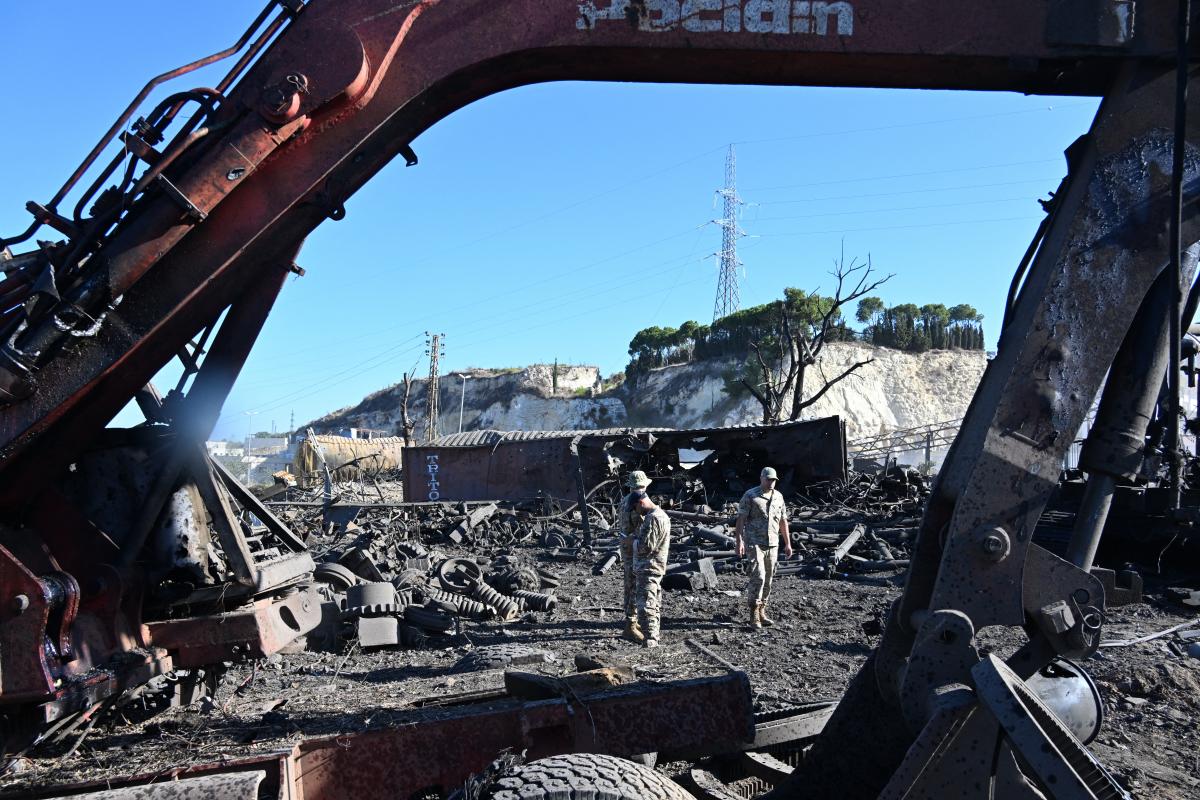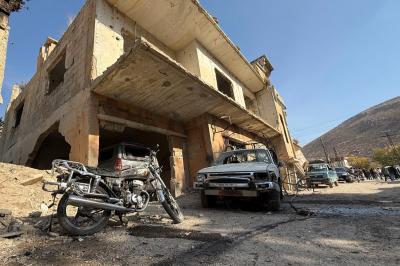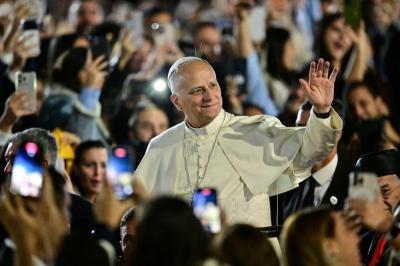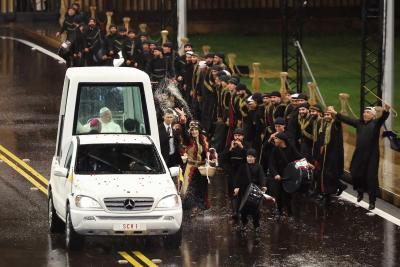Lebanese leaders continue to search for a way out of a burden inherited from the previous government: dismantling the military infrastructure of “Hezbollah” across Lebanese territory, starting south of the Litani River, in line with the ceasefire agreement, UN Security Council Resolution 1701, and related international decisions. Implementing this condition in full would pave the way for displaced residents to return to their villages and for reconstruction efforts to begin.
It is worth recalling that the ceasefire itself had been a demand of “Hezbollah” after Israel’s two-month-long offensive, with Speaker Nabih Berri mandated to negotiate on its behalf—an arrangement approved by “Hezbollah” itself.
The latest debate over the south, the Bekaa, the southern suburbs, and reconstruction—or rather the absence of any real discussion—sparked both confusion and political sparring. For some, it looked like a prelude to reopening the electoral file, a tool to rally supporters and boost morale. But Israel’s airstrike on heavy machinery in Msayleh, near Speaker Berri’s residence—equipment earmarked for reconstruction—was a stark reminder that Israel will not allow rebuilding to begin before the dismantling of “Hezbollah’s” military structure.
Berri denounced the raid as an assault on all of Lebanon. Yet one might ask: were not all of Israel’s previous raids—across the south, the Bekaa, and the southern suburbs—also assaults on the entire country? Why single out this strike in particular?
The President also commented on the Msayleh strike. His statement was partly on point when he argued that Lebanon deserved the same treatment as Gaza after its war. But it faltered in suggesting that Israel was eager to withdraw from the occupied points. On the contrary, Israel has little urgency to retreat and arguably benefits from Lebanese divisions over “Hezbollah’s” arsenal. Delay in dismantling the group’s military infrastructure serves Israel’s interest, allowing it to hold onto occupied positions.
Against this backdrop of mobilization, questions arise: has the political class begun preparing its electoral bases and recalibrating alliances? The Free Patriotic Movement has already entered campaign mode. Its leader invoked the memory of the “martyrs of October 13”—the day Syrian forces stormed the Presidential Palace and the Ministry of Defense. Using the occasion, he pushed for voting rights for expatriates—even though it was the FPM itself that once pushed for creating a special constituency for six “non-resident MPs,” a decision whose utility remains hotly debated.
The FPM’s rally followed a similar commemoration held a month earlier by the Lebanese Forces, and came on the eve of “Hezbollah’s” latest show of strength with its “Nasrallah Generations” youth mobilization—a display aimed at signaling readiness for elections, whatever the electoral law may be.
Amid this charged atmosphere, one development might have gone unnoticed had it not been for questions raised by former Mount Lebanon prosecutor, Judge Ghada Aoun: the release of former central bank governor Riad Salameh on reduced bail, from $20 million to $14 million. The sum is staggering. Even more shocking is that it was paid in cash, at a time when ordinary citizens struggle to access more than $800 a month from their bank accounts.
Where did Salameh’s defense team find such funds? Who in Lebanon can produce $14 million in cash on demand? Were the funds brought in from abroad? If so, how were they transferred into Lebanon? Or were they withdrawn from one or several local banks? Are they contributions? And who in Lebanon has the capacity to mobilize such an amount?
Each of these questions, in fact, is an implicit alert to authorities: a call to investigate “where and how did you get this?” And answering even one of them may provide the key to unraveling the others.
What we hope is that this season will not drag the country toward something far worse.
Please post your comments on:
[email protected]
 Politics
Politics
